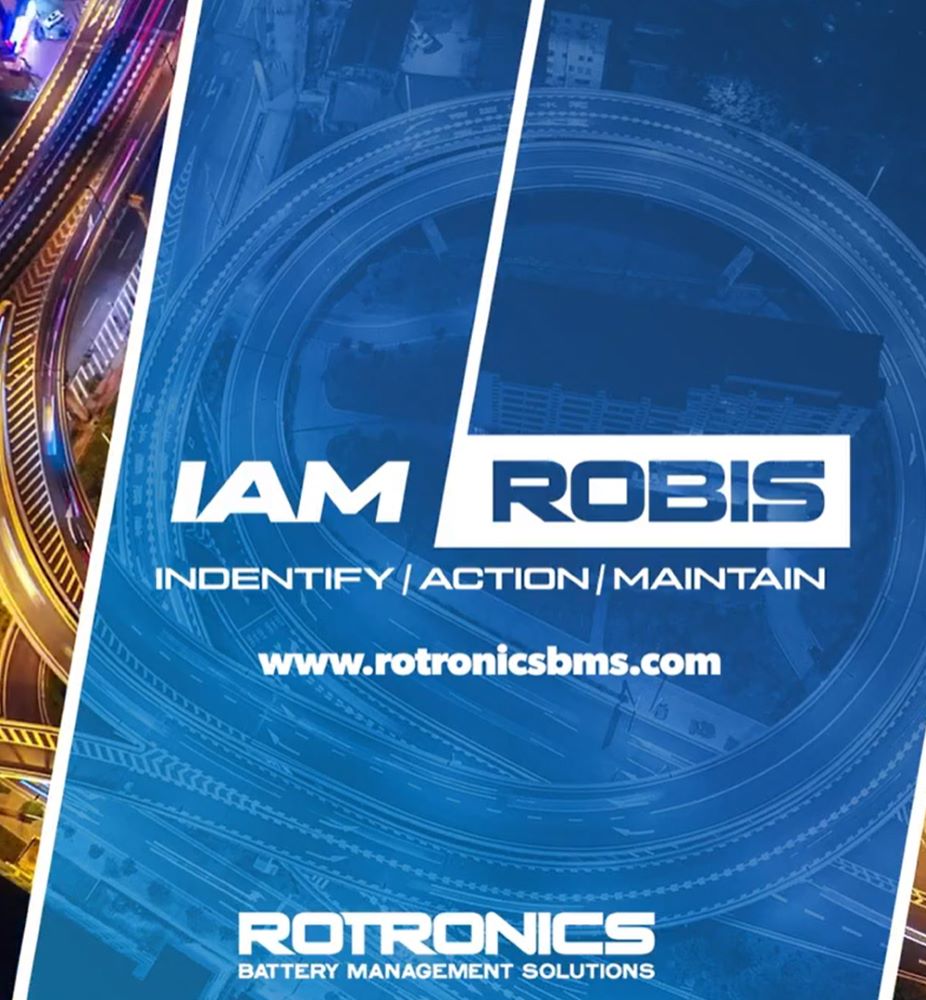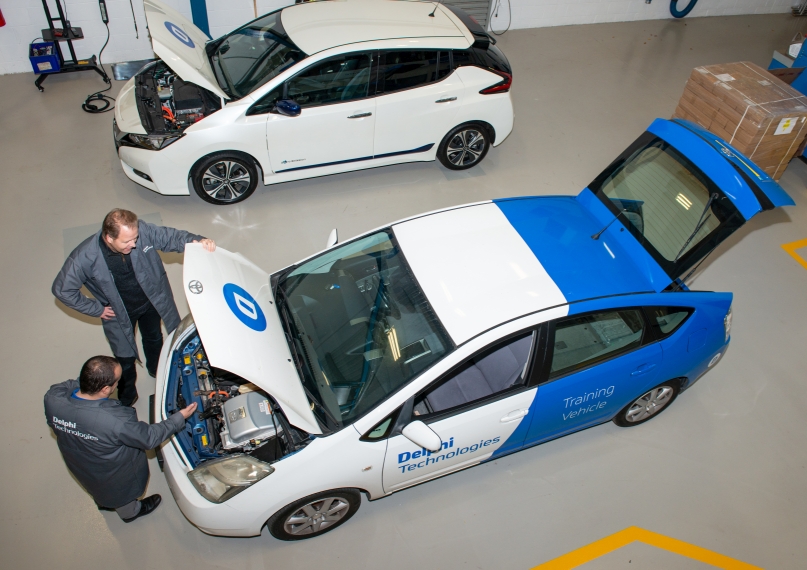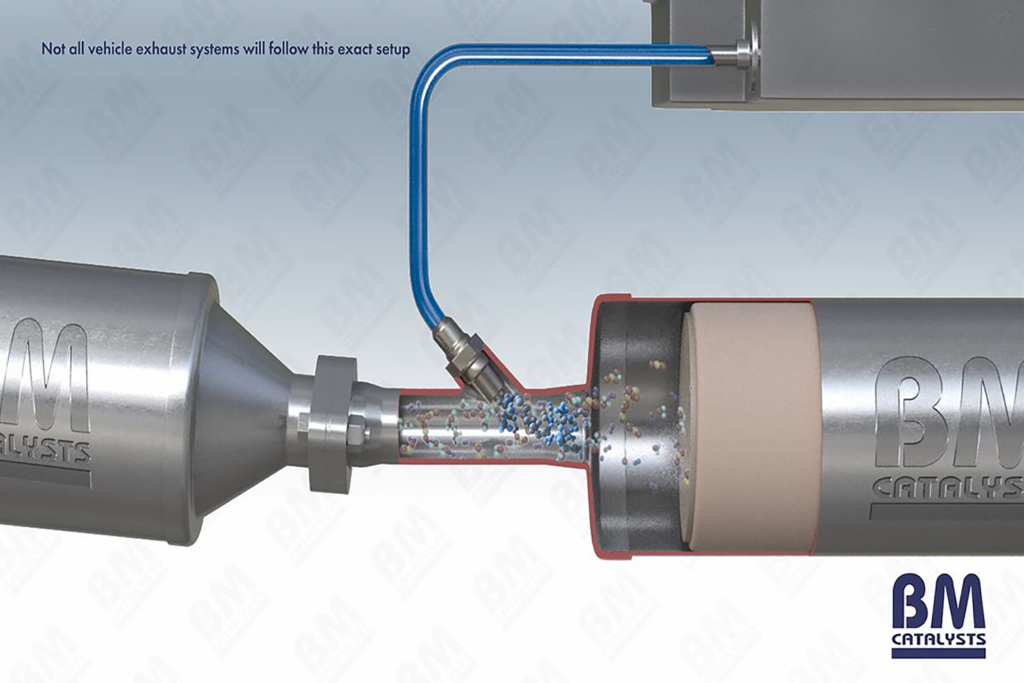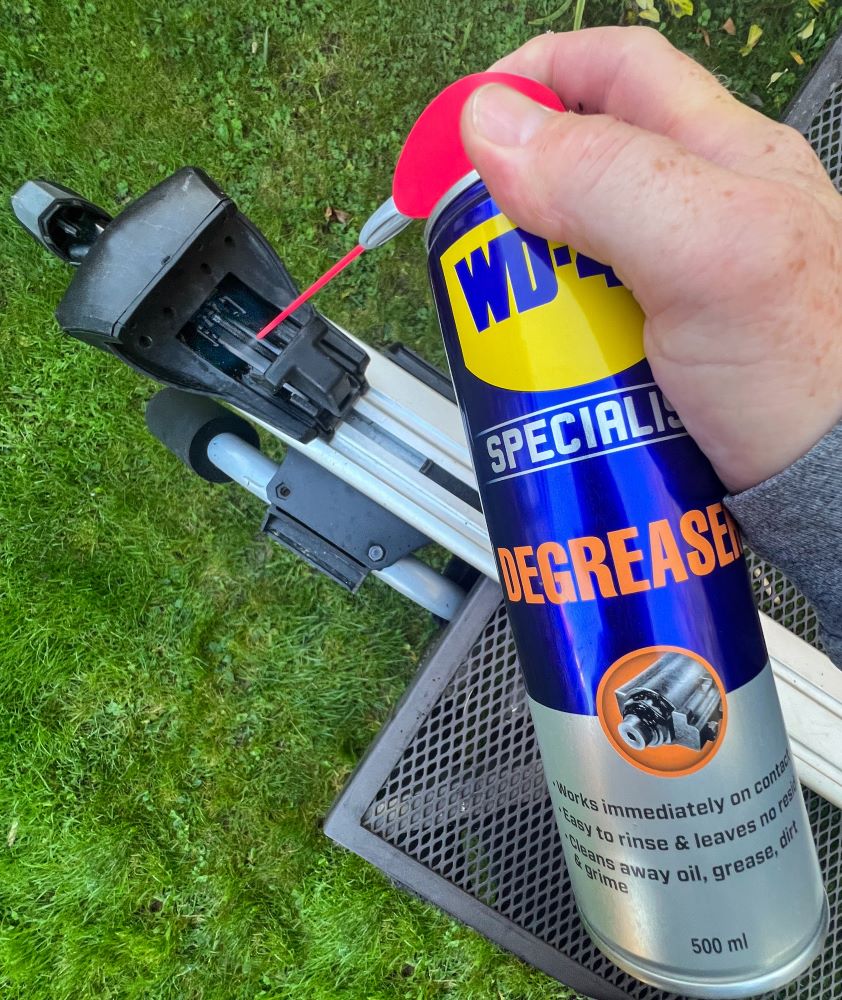Battery failure can certainly induce considerable frustration amongst workshop teams when commercial fleets fall foul of the increased risk of roadside breakdowns and battery related non-starts. We know that the temperature will dip and there is a fair chance of snow and ice. The inevitable fall in temperature at this time of year will significantly affect a battery’s performance and, in extreme temperatures, this can mean as much as a 50% dip.
Charging is vital and a comprehensive battery management programme within workshops should be standard to side-step some hefty and avoidable costs. The vehicles on the road will have increased power demands due to the darker nights and these put an excessive drain on the vehicle’s battery.
Expensive and avoidable non-starts should no longer be an accepted feature in workshop budgets. Workshops can be supported by first-class battery testing and charging technology. The best of all new year’s resolutions should be to end the flow of large sums of money that are wasted because of a lack of battery maintenance. Rotronics, the UK partner for CTEK and Midtronics, is here to help you make improvements, to reduce the financial impact of roadside non-starts and improve customer service.
Rotronics surveyed over 40 garages to understand how much importance workshops place on battery testing and charging and look at how active their battery management practices are in the run up to the Winter period. The Survey participants were a mix of commercial vehicle workshops with some independent workshops and the results provided staggering responses, in that 95% of those surveyed admitted that they do not have any proactive battery management programme in place at all. 100% of those surveyed told us that they would generally only charge a vehicle when they were unable to get a vehicle started.
Ken Clark says: “There is a weighty cost of lost miles and customer dissatisfaction. With some quick maths, we know that a typical operator might have up to 300 non-start defects in any year. A conservative estimate would be £150 for each breakdown, equating to a cost of £45,000. Add the cost of a set of batteries, which can cost up to £300, and we are then looking at a yearly maintenance bill of over £130,000.”
Ken Clark, managing director of Rotronics, says: “Regular monitoring, testing and charging within a battery management programme should be essential at all times of the year to considerably reduce avoidable charges and maximise a battery’s performance and lifespan. Workshops have the opportunity to knock some big costs off their budget and use the best battery service and maintenance technology available.”
A battery management programme ensures that:
- Vehicles in each fleet get to their destination on time, every time and batteries are maintained to optimum levels, ensuring that avoidable costs are significantly reduced
- Each workshop is given training and the expertise to maximise fault diagnosis, increase productivity and customer service
- A full auditable record is available to monitor and track a fleet’s battery performance
- Batteries are tested pro-actively, at the point of service and routine inspection
- Imbalanced batteries are identified and charged accordingly
- Defective batteries are identified and replaced before they affect vehicle reliability
- Return-on-investment can be proved
95% of those surveyed admitted they do not test their batteries when receiving them into stock, even though batteries could have been sitting for long periods of time.
Ken Clark says: “Without testing a battery when it comes into the workshop, you don’t know the quality of the product that you are buying. Voltage is the key criteria – we know that batteries are often not delivered to the right voltage and that this means that you have a problem before you even fit the battery and the risk of additional issues developing is accelerated.
“You run the risk of sulphation and stratification, where the acid level is imbalanced, and this causes irreversible damage. As a quick measurement, batteries should be received with a minimum of 12.6V and above and the should not be 10% below their rated capacity on delivery.”
100% of the workshops surveyed advised that they do not know whether the batteries they purchase perform to their correct standard and 90% only test batteries if there is a suspected fault with the battery or vehicle. Workshops are open to the risk of premature defects and missed opportunities.
80% of the survey group use a conductance type battery tester but a worrying 20% are still using a traditional load tester (known in the trade as toasters because they heat up the battery and create a significant loading which runs the risk of the battery igniting).
Ken Clark says: “Load testers are not an accurate means of testing the performance of the battery. The health and safety issues in using this equipment is a major consideration that shouldn’t be underestimated – let alone the fact that it isn’t an accurate means of testing.”
Balanced Charging.
65% of the surveyed visitors did not know what the term balanced charging meant.
Ken Clark says: “Battery balancing is a critical factor in keeping commercial vehicles on the road and helping vehicle and fleet owners avoid unnecessary downtime and costs.
“An imbalanced battery is likely to have a reduced lifespan of up to 50%, which results in premature and avoidable early replacement costs. In any 24v vehicle system, having imbalanced batteries – a bit like an irregular heart beat – is the certain route to roadside defects and rising avoidable costs.”
Within six-months of operation, a battery set can be out of balance and, without regular maintenance and checks, fleet owners will see few obvious signs in their vehicles until they experience a road-side non-start or battery failure.
Over time, one battery will have a greater charge acceptance than the other and, in turn, the other battery will be short-changed in the charge process. If this goes on unchecked, without correct maintenance, the deterioration will continue fast.
Ken Clark and his team believe that the impact of battery imbalance and poor maintenance can contribute up to 20% of a workshop’s annual battery-related costs.
The long-term implications associated with Battery Imbalance:
- Premature failure
- Roadside non-starts
- Recovery costs
- Customer complaints
- Compensation costs
- Non-delivery of goods

















